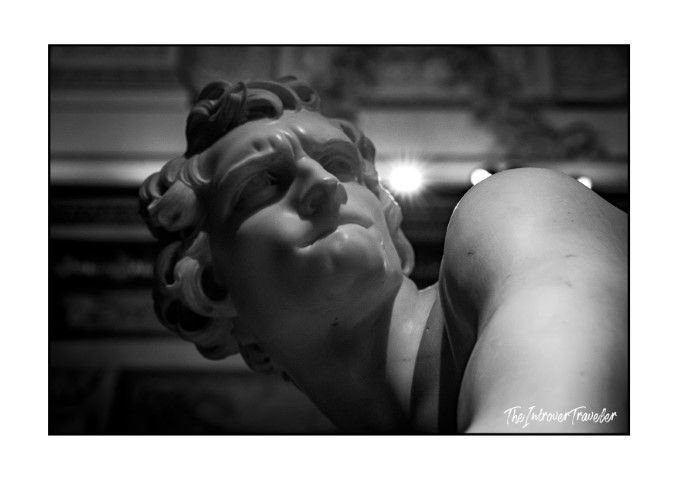"The Long Way" by Bernard Moitessier. A manifesto of poetic desertion in the heart of the ocean.
- The Introvert Traveler
- May 18, 2025
- 2 min read

Title: The Long Way
Author: Bernard Moitessier
Publication Year: 1971
Pages: 348
Genre: Travel literature, autobiography, existential essay
Key Themes: Solo sailing, freedom, nature, spirituality
My Rating: 9/10
Imagine being just miles from glory
Imagine you’re only a few miles from glory, with the world ready to hail you as a hero. And now imagine turning the bow, turning your back on triumph, and vanishing toward the horizon. That is precisely what Bernard Moitessier did in 1969, when he was on the verge of winning the first solo, non-stop round-the-world yacht race—the Sunday Times Golden Globe Race.His book, The Long Way, doesn’t recount a victory. It recounts a flight. A refusal. A countercurrent choice. A gesture of radical beauty.
A journey with no return
Leaving England aboard his 12-meter ketch Joshua, Moitessier sailed solo around the Antarctic, non-stop and unassisted. When he had already left all other competitors behind, he launched a message with a slingshot to a passing ship:
“I am continuing, because I am happy at sea… and perhaps to save my soul.”
And he truly did continue. He rounded Cape Horn and, instead of heading back to Europe, turned toward Tahiti, abandoning the race.The book was born during this second part of the voyage, written in the silence of the Pacific, beneath the trade winds, amid the scent of salt and the thoughts carried by the wind.
The ocean as an inner mirror
The Long Way is not a sailing manual, nor a heroic epic. It is a philosophical, spiritual, and in some ways anarchic work. Moitessier doesn’t try to dominate the sea—he merges with it. His thoughts move like waves: clear, deep, sometimes unsettling. He writes with an unexpected literary gift, especially for someone without a humanistic or literary education.
Moitessier speaks of freedom as an existential choice, solitude as radical listening, and ecology as a way of life—well before these ideas became slogans. He rejects consumerism, hyper-competition, and linear time. There is a genuine, unromanticized reverence for the essential, for the invisible art of slow living.
This is a book that reads like a maritime mantra, or like a long letter from a voluntary exile to those still searching, on land, for a way out of mediocrity.
A bare, truthful style
The prose is lean and vibrant. No ornamentation, no spectacle. Every word is a knot, every sentence a shift of the rudder. Moitessier writes the way he sails: with no time to waste on unnecessary maneuvers.
The spirituality that emerges is not doctrinal. It’s a kind of marine paganism, a Polynesian-inflected Buddhism, a silent reverence for the elemental forces of water and wind. It is oceanic literature for those brave enough to listen to silence.
Why you should read The Long Way by Bernard Moitessier
Because now more than ever, we need books that don’t entertain us, but transform us. Moitessier isn’t looking for readers—he’s looking for accomplices. To those who sail off-course, who reject pre-traced maps, who truly and intimately defy conformity, The Long Way offers a spiritual compass.
If you love the sea, long thoughts, and writing as a political and poetic act, this book is your necessary drift.




Comments